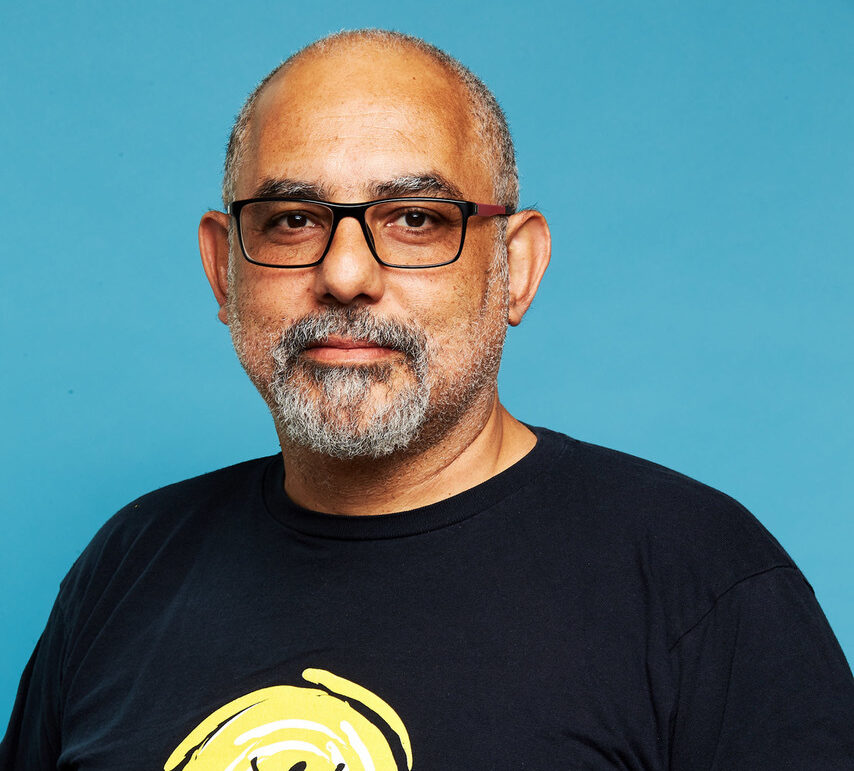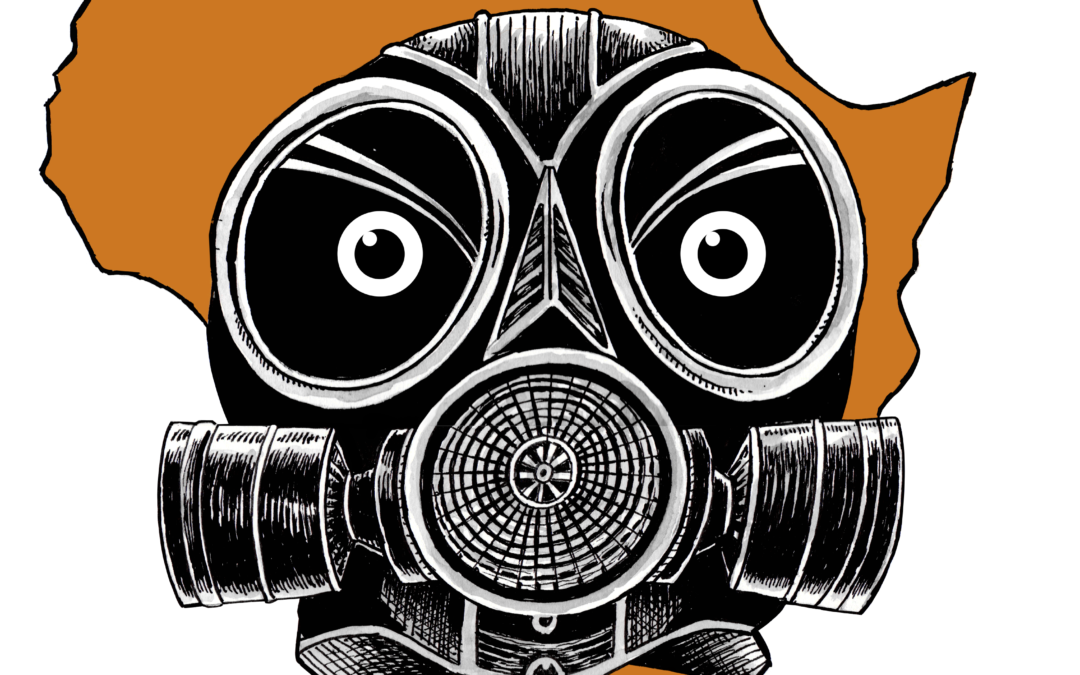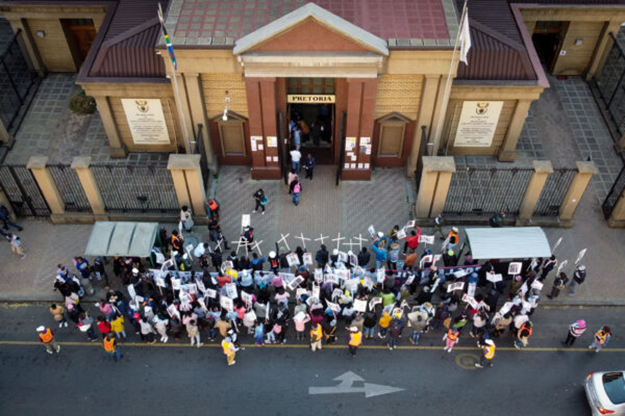
Today marks the tenth anniversary of the Marikana Massacre. On 16 August 2012, thirty-four workers were gunned down by the South African police, following a week of brutality that resulted in a total of ten lives lost, even before a single shot was fired on the koppie, one of the small hills of Marikana. A week of violence that the police and the South African government could not, or would not, stop.
This past week most of South Africa’s Sunday newspapers reflected on Marikana. The Sunday Times editorial stated that ‘Marikana continues to blight our democracy’. The reality is, Marikana is not a moment in South African history, but rather an ongoing scourge of reality that presents itself at the nexus between corporate rapacity supported by a political power, and the deep poverty that exists in South Africa, forcing workers to toil in brutal conditions while working underground, and communities to live in un-serviced settlements, such as the Nkaneng settlement in Marikana.
Marikana is not only a struggle of the workers against capital and the political elite. Marikana is the daily experience of people who live with the violence and environmental injustice of post-apartheid South Africa.
Yes, poverty is violent. It forces people to work in dangerous conditions for a pittance, knowing their lives are in danger; it leads to high rates of the gender-based violence associated with it – as men in South Africa build upon a foundation of apartheid patriarchy entrenched in a capital corporate led state. Poverty is brutal because it is constructed – there is no default position for not having. Poverty is caused by the theft of land, water and air from citizens. Poverty instigates the death of formerly strong, healthy men from HIV/Aids and mining diseases, including silicosis and black lung, leaving families destitute, losing their paltry income together with the loss of their fathers, sons and brothers. Marikana is about communities – and not only about workers.
Today, South Africa claims that it is preparing society for a just transition. Frequently I am seated around a table with many of my colleagues, trying to engage with the very same political people and institutions I have challenged in the preceding paragraphs of this article. This is not a comfortable endeavour; indeed, it is one of extreme contradiction and personal psychological wrangling. A just transition is never going to happen if one does not reflect honestly and speak openly about the intentional violence of the powerful, whether individuals, corporates or the state. A violence that has led to the deaths of ‘Bazooka’ Radebe and Mama Fikile Ntshangase, because they questioned the viability and negative impacts of mining. Deaths which, as in the case of the Marikana Massacre, are forgotten, for which accountability is never attributed.
A new world is desperately needed. Oupa Lehulere of Khanya College saw Marikana as a ‘turning point’. It signalled the demise of the old anti-apartheid movement as a moral force. But ‘forging a new movement will require a whole new historical phase, and new intellectual tools, before such a movement finds its own identity and voice,’ reflected Lenny Gentle in his tribute to Oupa.
Indeed, we need to build a new moral force. A force that seeks to develop a voice that is enmeshed in the present, a voice that demands change, a voice that is prepared to break with the past and is autonomous from the decaying politics of the land. A voice that seeks an economy that serves people first.
Today, as we struggle for a just transition, let us not forget that it will be the same workers who will toil in mines to provide the minerals we need for new forms of energy. But we can choose to build a new energy system as well as a new economy – a new system that is deeply democratic, serves all our people, works cooperatively, does not harm the earth or its people, and is shared – a regenerative economy.
May we always remember Marikana and know that every action we take to fight injustice is a fight for Marikana.
Bobby Peek
groundWork, Friends of the Earth, South Africa



